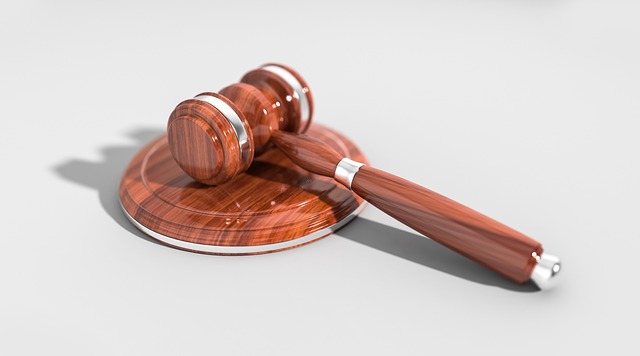Legal Implications of AI in Judicial Decision-Making
Introduction: As artificial intelligence (AI) continues to permeate various sectors of society, its application in the judicial system raises complex legal and ethical questions. This article explores the emerging trend of AI-assisted judicial decision-making, examining its potential benefits, challenges, and the evolving legal landscape surrounding this controversial technology.

Historical Context and Legal Precedents
The integration of technology in legal proceedings is not entirely new. Electronic filing systems, digital evidence presentation, and video conferencing have been widely adopted in courts for years. However, the use of AI in judicial decision-making represents a significant leap forward, raising questions about the role of human judgment in the administration of justice. This shift has prompted legal scholars and policymakers to revisit fundamental principles of due process, judicial discretion, and the right to a fair trial.
Current Legal Framework and Regulatory Challenges
As AI judicial tools gain traction, lawmakers and regulatory bodies are grappling with how to govern their use effectively. Many jurisdictions lack specific legislation addressing AI in the courtroom, leaving a regulatory vacuum that could potentially lead to inconsistent application and ethical concerns. Some countries have taken proactive steps to develop guidelines and ethical frameworks for AI in the justice system, but these efforts are still in their infancy.
Potential Benefits of AI-Assisted Judicial Decision-Making
Proponents of AI in the judicial process argue that it has the potential to enhance efficiency, consistency, and fairness in legal proceedings. By analyzing vast amounts of data and identifying patterns, AI systems could help reduce backlog, minimize bias, and provide judges with valuable insights. Additionally, AI-powered tools could potentially increase access to justice by making legal information more readily available and assisting self-represented litigants in navigating complex legal processes.
Ethical Concerns and Constitutional Implications
Despite its potential benefits, the use of AI in judicial decision-making raises significant ethical and constitutional concerns. Critics argue that relying on algorithms for legal judgments could undermine the fundamental right to due process and erode the human element essential to justice. There are also concerns about transparency, accountability, and the potential for AI systems to perpetuate or exacerbate existing biases in the legal system. The constitutional implications of AI-assisted judging are particularly complex, touching on issues of separation of powers and the right to a fair trial.
Impact on Legal Professionals and the Justice System
The integration of AI in judicial processes is likely to have far-reaching effects on legal professionals and the broader justice system. Lawyers may need to adapt their strategies to account for AI-generated insights and predictions. Judges will face the challenge of balancing AI recommendations with their own expertise and discretion. Law schools may need to revise their curricula to prepare future legal professionals for an AI-augmented legal landscape. These changes could fundamentally alter the nature of legal practice and the administration of justice.
International Perspectives and Cross-Border Challenges
As different countries adopt varying approaches to AI in their judicial systems, new challenges emerge in cross-border legal matters. Disparities in AI adoption and regulation could lead to inconsistencies in international legal proceedings and raise questions about the recognition and enforcement of AI-influenced judgments across jurisdictions. This global dimension adds another layer of complexity to the already intricate legal and ethical considerations surrounding AI in the courtroom.
The Road Ahead: Balancing Innovation and Justice
As AI continues to evolve and its applications in the judicial system expand, policymakers, legal professionals, and technologists must work together to strike a delicate balance between innovation and the preservation of core legal principles. Developing comprehensive regulatory frameworks, ensuring transparency in AI algorithms, and maintaining human oversight will be crucial in harnessing the benefits of AI while safeguarding the integrity of the justice system.
In conclusion, the integration of AI in judicial decision-making represents a significant turning point in the evolution of legal systems worldwide. As this technology advances, it is imperative that we approach its implementation with careful consideration, robust debate, and a commitment to upholding the fundamental tenets of justice and fairness that underpin our legal institutions.





